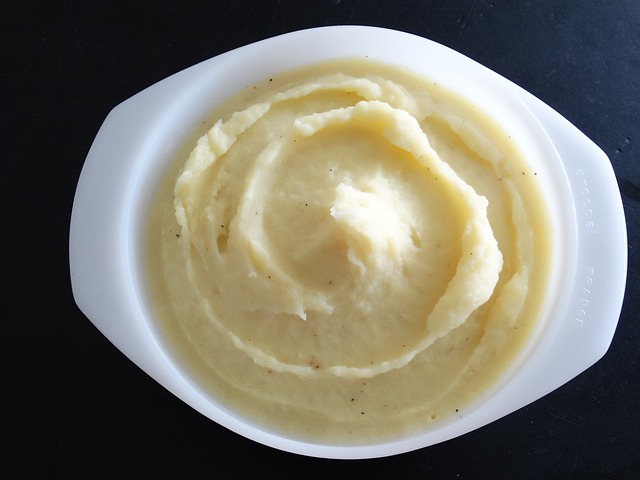Digestive diversity
However, experts are quick to note that responsible for the changes in athletic performance or vice versa. ‘While these studies are interesting, they may not provide the whole picture,’
warns Barnes. ‘Given that a healthy microbiome can have many influences within the body, I believe the main health marker will be maintaining the diversity of the gut microbiome.’ Dr Ashton Harper, medical advisor at Bio-Kult adds: ‘It is thought that a diverse bacterial gut environment provides heightened protection from ingested pathogens (or bad bugs) and unfavourable community structures capable of causing inflammation, diarrhoea symptoms and possibly
even headaches and depression
– all which would obviously impair training and athletic performance.
A recent review of probiotics in athletes found that they were effective in preventing respiratory and gastrointestinal illness, and, in one study, significantly increased run time to fatigue.’
These are all promising findings,
5 WAYS TO IMPROVE YOUR ATHLETIC MICROBIOME
Follow these tips from Dr Marc Bubbs*
1| DON’T OVERTRAIN
If you get your training plan wrong and push into harmful overreaching
syndrome due to too much volume or intensity (or both), a dramatic rise in pro-inflammatory cytokines and macrophages occurs in a dose-response relationship. At a deeper genetic level, your genome accumulates mutations that will compromise the efficiency of aerobic energy production.
It is established that harmful overreaching or overtraining is associated with the rapid onset of fatigue, and the inability to maintain speed and intensity of effort.
2| MODERATE SPORTS DRINKS
Endurance athletes consume a lot of simple sugars when training and during competition, but over the long term this takes a heavy toll on the gut. Too many simple sugars feed renegade ‘bad’ gut bacteria, leading to inflammation and elevated levels of oxygen in the gut lumen, triggering the growth of E.coli, Klebsiella spp. and proteus.
3| EAT A VARIED DIET
Eat a wide array of different types of foods from all colours of the rainbow
– regardless if they’re carbs, veggies, leafy greens, fruits, beans, legumes or animal proteins – to support gut microbiota diversity.
4| GROW YOUR OWN
Soil is also important. Where your food grows plays a massive role in shaping your gut microbiome. But modern industrialised farming practices have stripped the soil of many of its beneficial micro-organisms at the expense of our health. To get more ‘dirt’ in your diet,
pick up leafy greens at a farmers’ market, or grow some in your garden.
5| ENJOY FERMENTED FOODS
Fermented foods are rich in the bacillus strain [of bacteria]. This anaerobic bacteria ferments foods and, in doing so, extracts energy from indigestible fibres and resistance starches. Common fermented foods include yoghurt, kefir, sauerkraut, kimchi, natto, miso and kombucha.








0 Comments